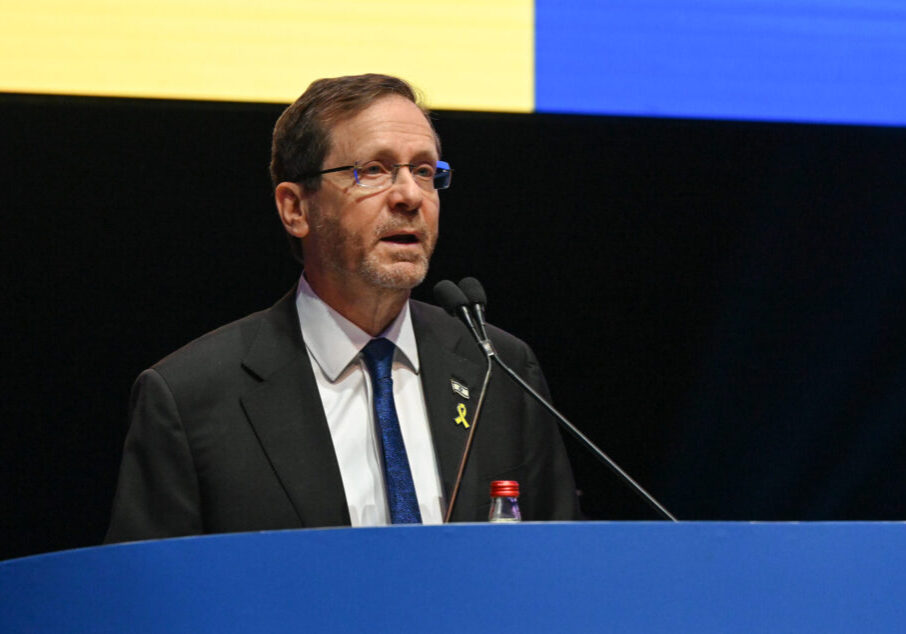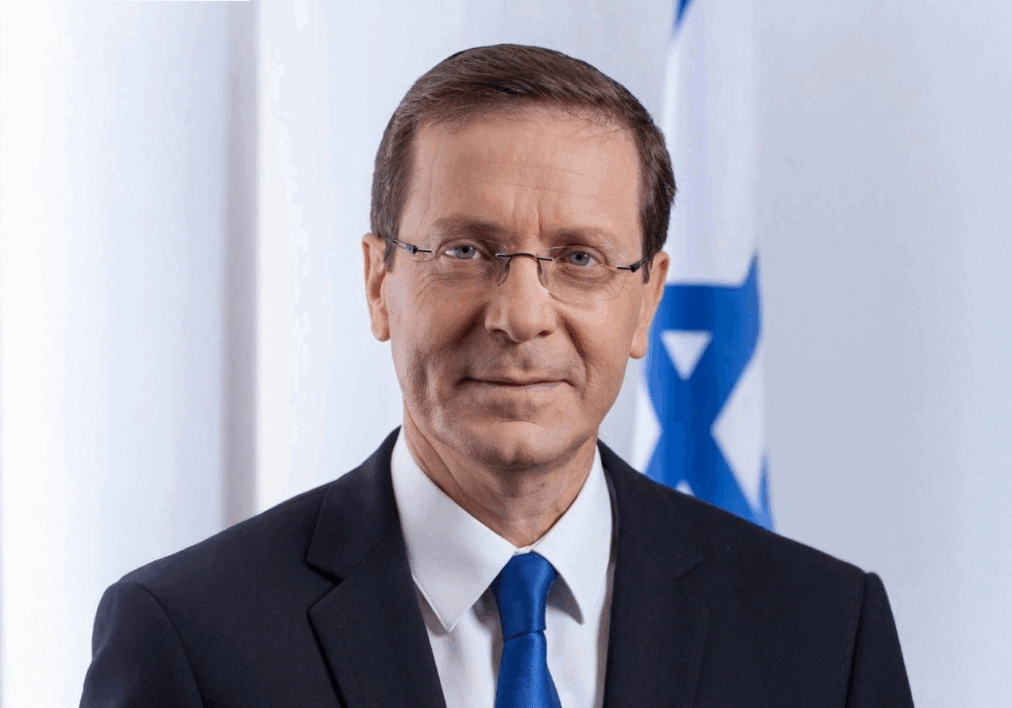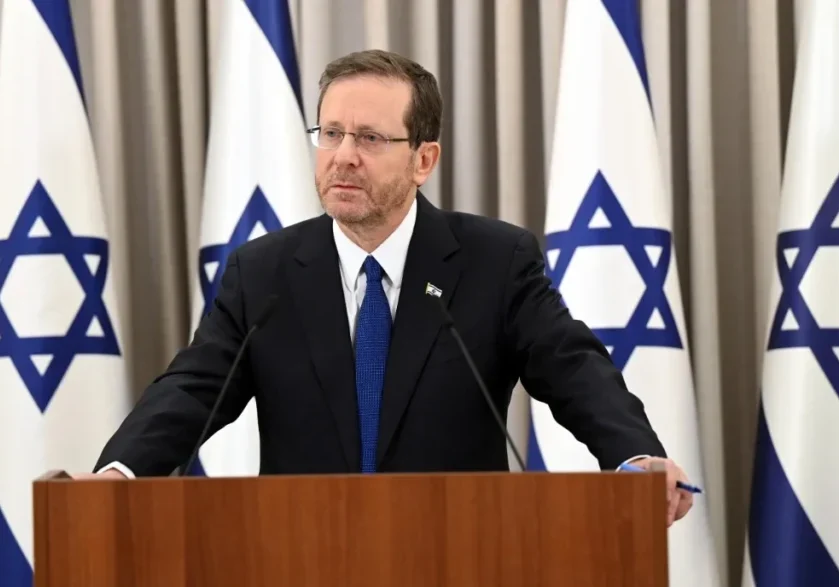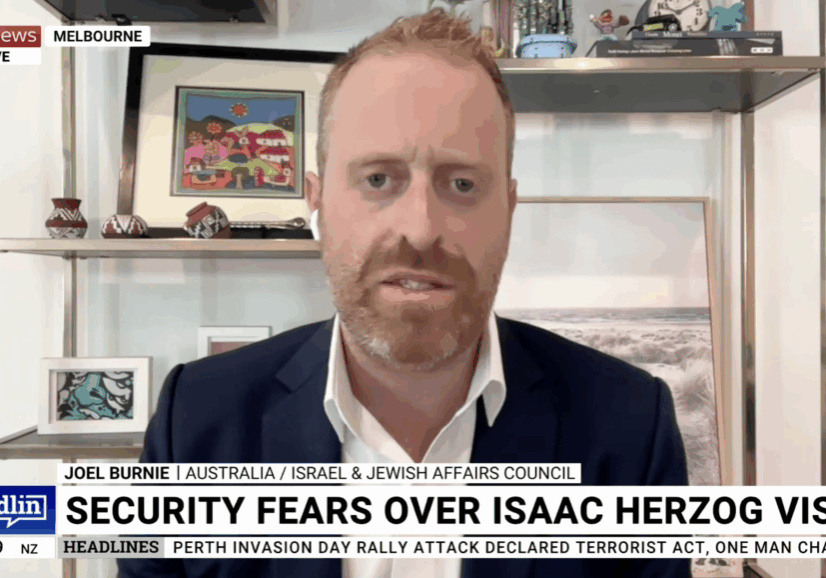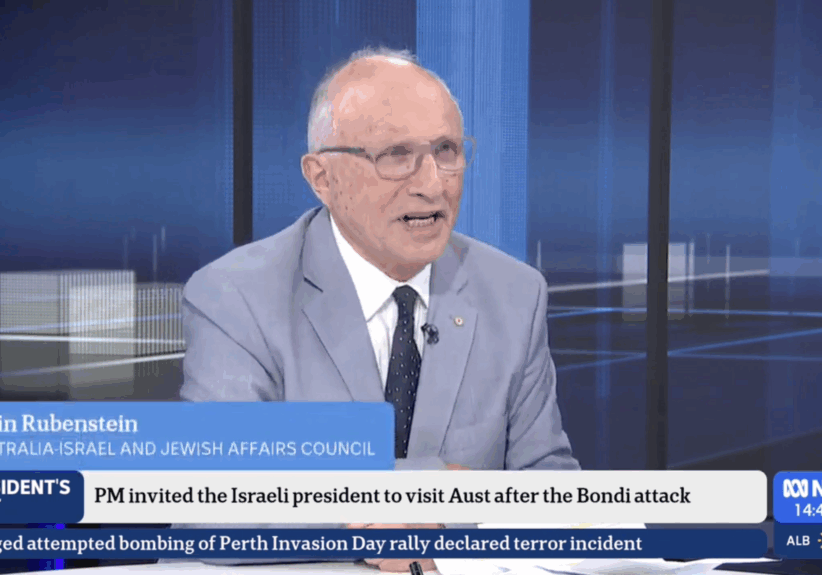Australia/Israel Review
Deconstruction Zone: Durban’s Legacy of Hate
Oct 26, 2021 | Gerald Steinberg

Twenty years ago, the world’s human rights community came to Durban, South Africa for a conference called to eliminate racism and discrimination. This event took place just a few days after a Palestinian terror attack in Jerusalem killed and maimed Israelis in a pizzeria filled with teenagers and young families. But the thousands of self-proclaimed human rights activists at Durban did not mention the attack or the victims; for them, Israelis do not have human rights. Instead, the diplomats, UN officials and leaders of powerful non-governmental organisations (NGOs) focused on demonising Israel and Zionism.
Durban was the blueprint for the 21st century antisemitism. The Arab Lawyers Union distributed caricatures of Jews with fangs dripping blood, and delegates picked up copies of the Protocols of the Elders of Zion forgery. Well-organised mass marches through the streets, with placards declaring “Zionism is racism”, were accompanied by speeches denouncing Israeli “apartheid”. Arafat and his chief propagandist Hanan Ashrawi were flown in to denounce Israeli “apartheid”.
The plan to hijack Durban was formed months before, at a UN preparatory conference in Teheran. There, the strategy of equating Israel to apartheid South Africa was developed into a full-scale war plan. The NGO Final Declaration and Program of Action, composed in Teheran, was a strategy for political war. Israel was labelled as a “racist apartheid state”, guilty of “genocide”, and “racist crimes against Palestinians.” They demanded that all countries implement policies for “the complete isolation of Israel as an apartheid state.”
Immediately after Durban, the same NGOs and UN allies moved to implement the strategy. Human Rights Watch led the other groups with allegations of war crimes following every Israeli response to terror, whether from Hamas in Gaza or Hezbollah from Lebanon.
The NGO Durban war has continued for 20 years, including the flood of “reports” recently on the apartheid lie. The European-funded organisations campaign for boycotts targeting Israeli universities and businesses, athletes and cultural events, often joined by church groups with classical theological antisemitic agendas under the banner of BDS (boycotts, divestment and sanctions).
The constant drumbeat from Durban has contributed significantly to violent antisemitic attacks worldwide. Recent statistics from the US, Britain, and European countries highlight the hate directed against Jews and Jewish or Israeli targets.
Nevertheless, the Durban framework remains on the UN’s permanent agenda. The one-day event in the UN General Assembly known as Durban IV was called on Sept. 22 so that officials and affiliated NGOs could celebrate their successes in this war of hate. To their credit, US President Biden and the leaders of Britain, Australia, Canada, France, Germany, New Zealand, Italy and 26 other countries refused to participate.
But the antisemitism and obsession with Israel will continue, under the façade of human rights. Now, as in 2001, many of those who claim to speak in the name of morality and law continue to support the perpetrators of inhuman brutality, and erase the victims of terror and injustice. This is the legacy of Durban after 20 years.
Gerald Steinberg is professor emeritus of political science at Bar-Ilan University. He is the founder and President of NGO Monitor, a policy analysis think tank focusing on nongovernmental organisations. © Israel Hayom (www.israelhayom.com), reprinted by permission, all rights reserved.
Tags: Anti-Zionism, Antisemitism, Israel


